Michelle Nichols - Little Learning Labs: Astronomy for Kids, Abridged Paperback Edition: 26 Family-Friendly Activities about Stars, Planets, and Observing the World Around You; Activities for Steam Learners
Here you can read online Michelle Nichols - Little Learning Labs: Astronomy for Kids, Abridged Paperback Edition: 26 Family-Friendly Activities about Stars, Planets, and Observing the World Around You; Activities for Steam Learners full text of the book (entire story) in english for free. Download pdf and epub, get meaning, cover and reviews about this ebook. year: 2018, publisher: Quarry Books, genre: Children. Description of the work, (preface) as well as reviews are available. Best literature library LitArk.com created for fans of good reading and offers a wide selection of genres:
Romance novel
Science fiction
Adventure
Detective
Science
History
Home and family
Prose
Art
Politics
Computer
Non-fiction
Religion
Business
Children
Humor
Choose a favorite category and find really read worthwhile books. Enjoy immersion in the world of imagination, feel the emotions of the characters or learn something new for yourself, make an fascinating discovery.

- Book:Little Learning Labs: Astronomy for Kids, Abridged Paperback Edition: 26 Family-Friendly Activities about Stars, Planets, and Observing the World Around You; Activities for Steam Learners
- Author:
- Publisher:Quarry Books
- Genre:
- Year:2018
- Rating:5 / 5
- Favourites:Add to favourites
- Your mark:
Little Learning Labs: Astronomy for Kids, Abridged Paperback Edition: 26 Family-Friendly Activities about Stars, Planets, and Observing the World Around You; Activities for Steam Learners: summary, description and annotation
We offer to read an annotation, description, summary or preface (depends on what the author of the book "Little Learning Labs: Astronomy for Kids, Abridged Paperback Edition: 26 Family-Friendly Activities about Stars, Planets, and Observing the World Around You; Activities for Steam Learners" wrote himself). If you haven't found the necessary information about the book — write in the comments, we will try to find it.
Little Learning Labs:Astronomy for Kids teaches children the wonders of outer space with 26 hands-on activities that can be done at home with items found around the house.
Its not easy to explain and understand what lies beyond the night sky. This curated collection of 26 projects from the bestselling Astronomy Lab for Kids introduces children to the basics of outer space through 26 hands-on labs that can be completed with everyday items from around your house. Its the perfect resource for teachers, homeschool families, and community groups.
Mini astronomers will learn about things such as the size and scale of planets using sandwich cookies and tennis balls, how to measure the speed of light with a flat candy bar and a microwave, how to make a simple telescope with magnifying glasses, and so much more. Kids of all ages and experience levels will love completing these hands-on labs with the guidance of adults.
Why wait to introduce children to the expansive wonder of the skies, when Little Learning Labs: Astronomy Lab for Kids can put it within their reach today?
Michelle Nichols: author's other books
Who wrote Little Learning Labs: Astronomy for Kids, Abridged Paperback Edition: 26 Family-Friendly Activities about Stars, Planets, and Observing the World Around You; Activities for Steam Learners? Find out the surname, the name of the author of the book and a list of all author's works by series.

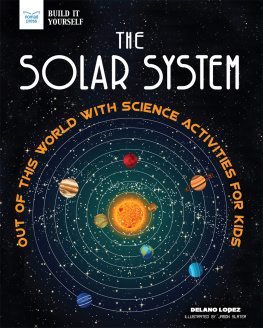
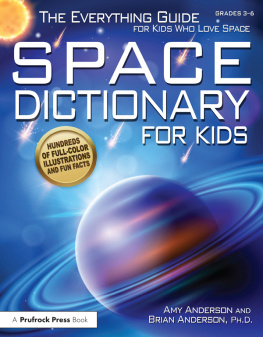
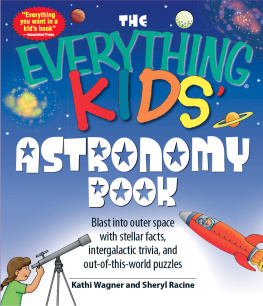

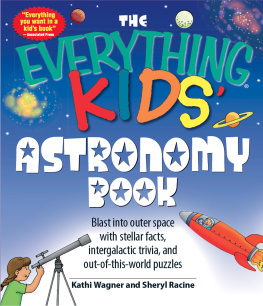
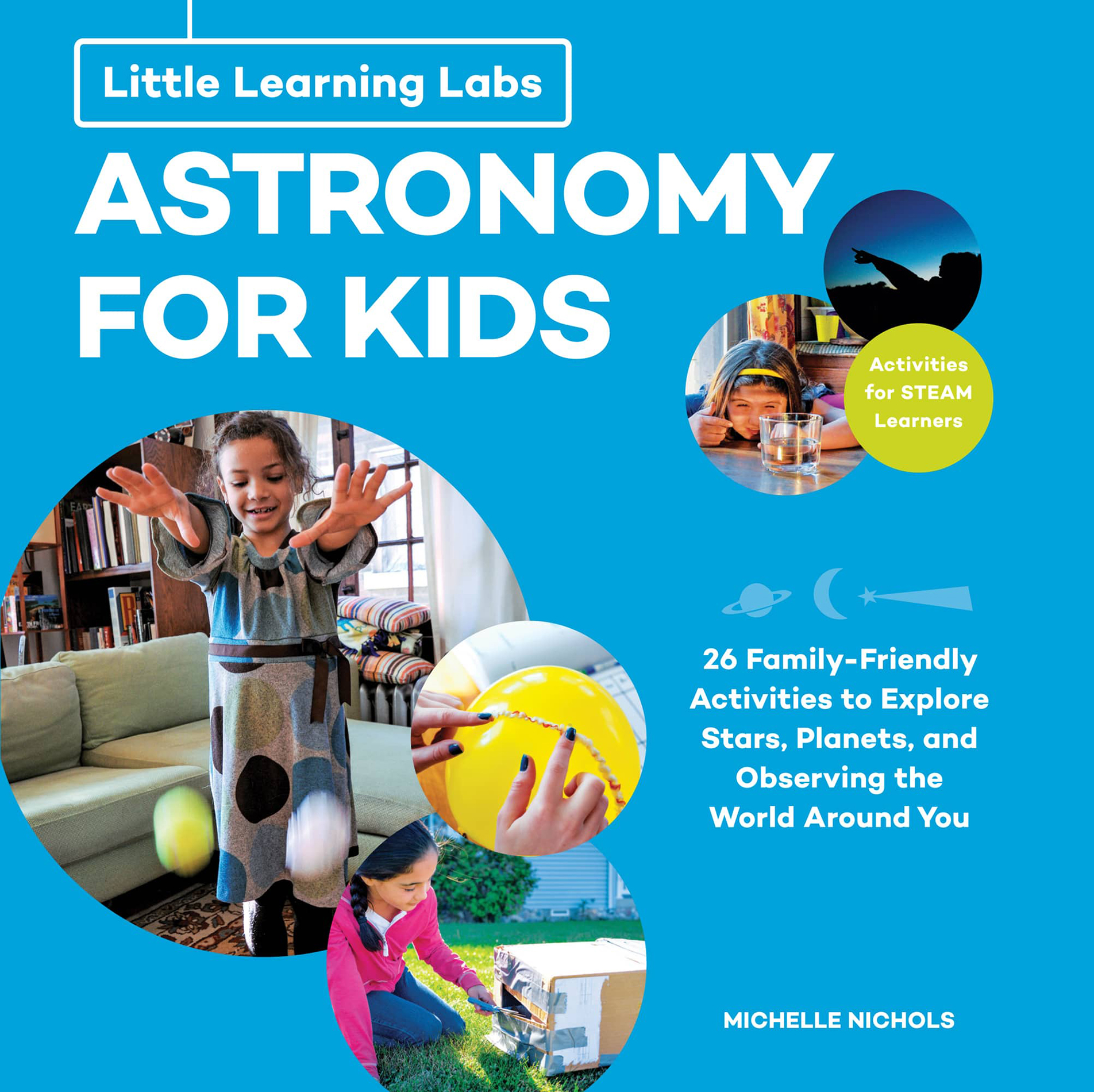




 Time shows you approximately how long it will take to complete all the steps.
Time shows you approximately how long it will take to complete all the steps.